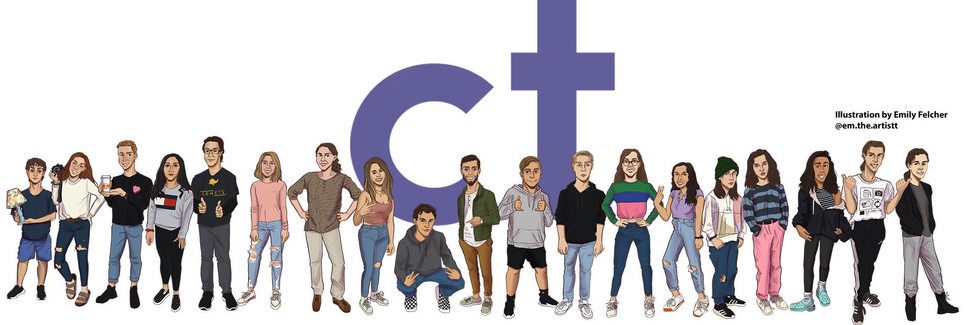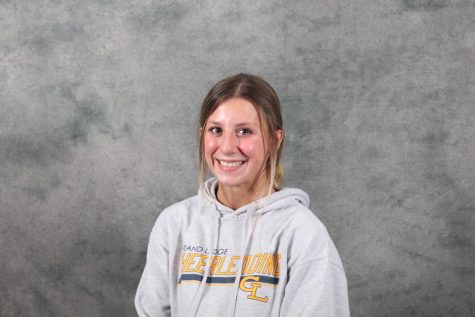It Does Not Have to Come to This
There are more options to receive help. Being aware of suicide makes it easier for the silence to stop.

September 30, 2021
September is Suicide Awareness Month. This month’s goal is to raise awareness of the tragedies that happen in the world. Humans may not be able to completely stop the violence, but there are ways to mitigate the frequency of these events. Associations like OK2SAY and the National Suicide Hotline are resources students and faculty are able to use if noticing strange behaviors from those around.
According to the National Alliance on Mental Health, Suicide is the second leading cause of death in the United States for those aged 10-34 and the tenth overall leading cause of death in the U.S. Suicide rates in the U.S. are going up and have increased by 35% since 1999.
Studies show that more females attempt suicide, but men are four times more likely to die from suicide. Males hold about 78% of all suicide dealths. When it comes down to sexuality, members of the LGBTQ+ group are also four times as likely to commit suicide than those who are straight. Suicide also greatly affects those in high school. The National Alliance on Mental Health mentioned that 18.8% of high schoolers will have prevalent thoughts on suicide, whether it be thoughts or actions. Almost half of LGBTQ+ students are affected in some type of way by suicide. Let that sink in. Please remember to check on your peers around you.
One platform that has been created as an outlet for students is OK2SAY. OK2SAY is an anonymous tip line for students and faculty to use if they believe that someone may be in danger. OK2SAY began when people believed that Michigan needed a statewide program to encourage students to report threats of school violence or potentially harmful activities. Directors at OK2SAY wanted students to feel comfortable helping their classmates without being considered ‘snitches’ or worrying about being targeted. This created a ‘code of silence’ that was later developed into a confidential hotline that ran 24/7.
“The goal was to knock down barriers so a student who was struggling could get needed help before a situation turns into a tragedy” commented Mary Drew, OK2SAY.
OK2SAY has received 28,108 tips since the program became operational. They receive, on average, 391 tips per month. This assures OK2SAY’s positive impact. They changed the attitudes of students about reporting unsafe behaviors. Regarding suicide, OK2SAY has received 6,140 tips since becoming operational. This platform is built for students to help their peers stay safe and alive.
Another resource students and faculty are able to use is the National Suicide Prevention Lifeline. This provides free and confidential emotional support to those in a suicidal crisis or emotional distress. The lifeline runs 24 hours a day, seven days a week. There are a total of 180 crisis centers across the country. This is similar to OK2SAY where students can obtain help when needed. The National Suicide Hotline is 1-800-273-8255.
Students and Faculty can support those around them in several ways. Always listen to the concerns of others, even when there may not be anything to say. This allows the victim to be heard and feel support. Also, ask questions when the intention of suicide is mentioned. This also goes along with being verbally affectionate. If students are asking questions and being verbally affectionate, the one in pain will slowly be reassured that they will be okay. When someone suspects a suicide attempt may occur, do not leave that person alone. This lowers the chance of the incident occurring. Lastly, always encourage others to get help. Support and care of a professional, friends, and family work together to mitigate the occurrence of these events.
Don’t be afraid to speak up. Use the resources that have been created to get students’ help. Be the change the world needs. Be the help students need. No one is alone, remember that.

